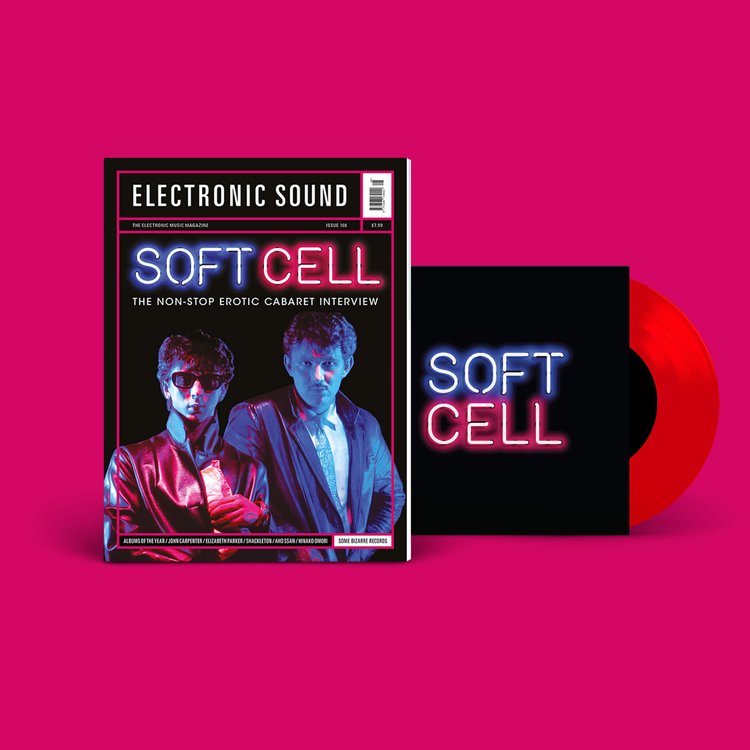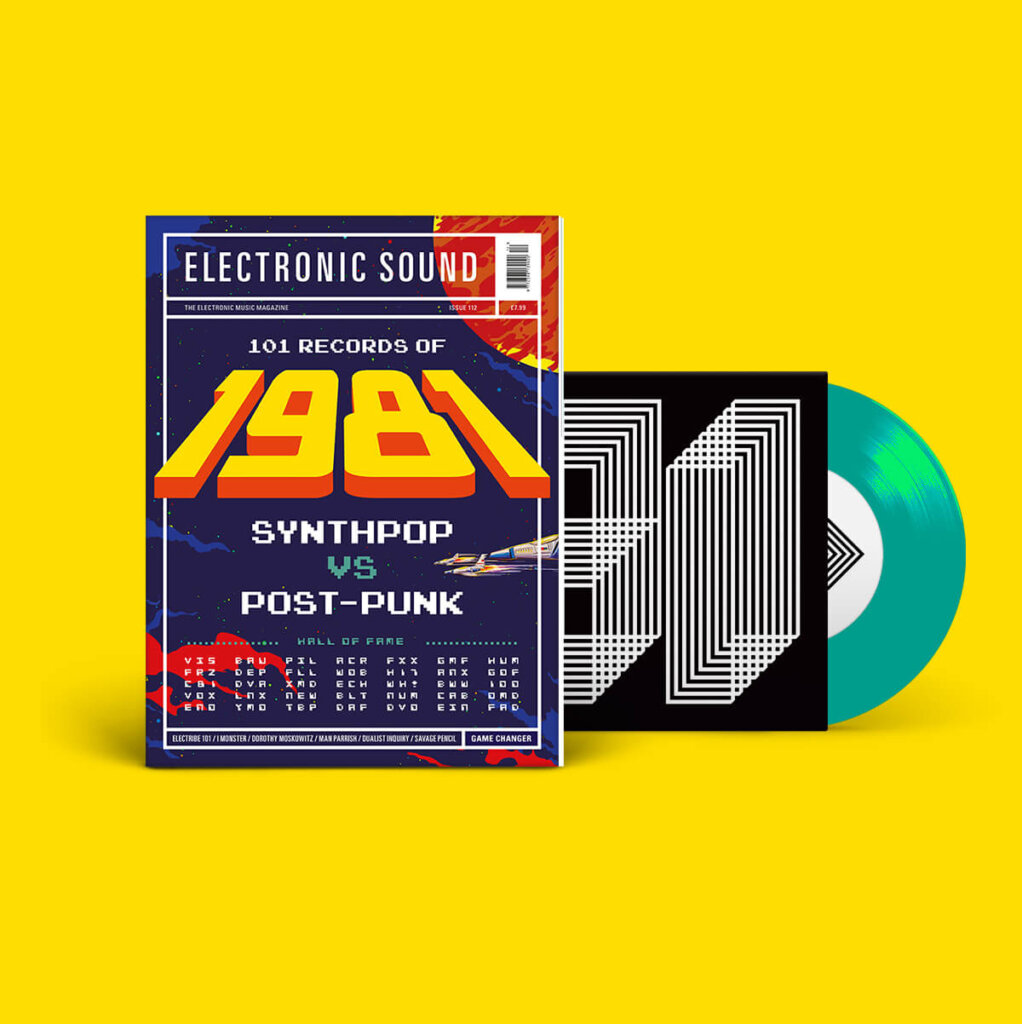Presented by The Radiophonic Institute and the Museum Of Sound, The Sound Of The Year Awards is an annual competition celebrating sonic life in its many forms from across the globe. We caught up with British sound artist Jake Parry, winner of the Composed With Sound award, which recognises “A composition made predominantly using recorded sound rather than musical”

Hi Jake. Why did you call your piece ‘The Grain Of The Voice’?
“My composition is made entirely from a recording of my great-grandad, Jim Cunningham. Captured by the British Army during the Second World War, the recording is what was dubbed a ‘talking postcard’, a kind of precursor to voice messages, which are ubiquitous nowadays. In it, he relays a loving message to his wife Gladys and daughter Maureen, whilst on leave towards the end of the war. This was cut to a celluloid disk and posted back home. Little is known about the precise context or circumstances under which Jim was able to record his message, so the process of composing a piece using the recording was like unravelling an unknowable mystery and exploring a trace of a complicated life during war. My composition attempts to connect with Jim by delving into the grainy resonance of his recorded speech.”
That’s fascinating. Tell us a bit more about your great-grandad…
“Like so many who return from war, Jim rarely talked about it, so when I heard the recording, I was mesmerised by the stoicism of his tone and the upbeat intonation of his voice. It brought to life a perception of a mythical person. He was a working-class, union man from South Shields with a thirst for knowledge – a chess player, an avid reader and a painter. He was politically minded, standing for the Communist Party post-war, and active in the brick worker’s union in Stevenage, where he settled. The recording re-contextualised the memories of him that were shared with me – of PTSD, alcoholism and homelessness, of a distance felt by those closest to him, a removedness. But Jim was a remarkable human and the recording helped me to realise this.”
Were you thinking about any specific ideas or concepts when making it?
“It all has this kind of ghostly quality, hauntological in the sense Mark Fisher discusses ‘imagined and lost futures’. At the time of recording, the war was winding down and Jim was perhaps beginning to imagine what his life and future might hold. The chipper rhythm of his speech gives the impression of hopefulness. Paradoxically, I had an insight into his future life as I listened to a trace of time when he didn’t – it felt bittersweet to experience. Jim’s affection towards his family was emotional to hear, knowing how the effects of the war complicated his relationships with the people he loved. I tried to capture the tension between love and distance in my composition.
“This story is a familial affair but also it’s somewhat the opposite. It’s a story of a life affected by war, something that applies to so many people in so many places. With what’s going on in Palestine, Ukraine and many other countries, war and violence are as rife as ever. I have no delusions that this piece can affect that a great deal, but as artists in countries not affected by war, we should be trying to reflect on the damage it inflicts on people’s lives.”
Is there anyone you would like to toast?
“I’d like to shout out my gran for letting me use this very personal artefact. And also to her mum Gladys, who I had the pleasure of knowing. She loved Jim very much and stuck with him through incredibly difficult times. I also want to shout out my mum, whose memories and pride in Jim I owe this project to.”
What would you really love to record next?
“McDonald’s… This year I want to do a recording project in places like service stations, duty-free, fast-food restaurants… Sites of commerce and production in the UK that possess hyperreal ambiences. In much contemporary field recording practice, going back to its origins in the World Soundscape Project, there’s a preoccupation with preserving ‘natural’ sound. For sure, there are loads of fascinating, important projects that engage with this. But I do think there’s a tendency for antipathy towards what we deem ‘unnatural’ sound, regarding it as a pollutant, potentially disregarding its narrative potential. I’m interested in these soundscapes.”
Any parting words of wisdom for other sound artists?
“Don’t look at music-making as a career or a business or a product because that’s the language of competition-obsessed capitalism and it will eat away at you. See it, hear it, as a process. Enjoy it. Say something different. Most artists I know, including myself, have to work day jobs and can’t support themselves through music. That’s the reality at this moment for a lot of people. But if you have to struggle to do something you love, you’re almost certainly going to make something more interesting than someone who doesn’t and the stories they have to tell about our contemporary society – they’re particularly evocative and provocative because they exist as part of people’s everyday lives. We’re enveloped by these spaces, acoustically. I’d like to create a project that contemplates this and captures and reproduces the quotidian, eliciting new ways of listening to it.”
To find out more about the Sound Of The Year Awards, go to soundoftheyearawards.com
Get the print magazine bundled with limited edition, exclusive vinyl releases








